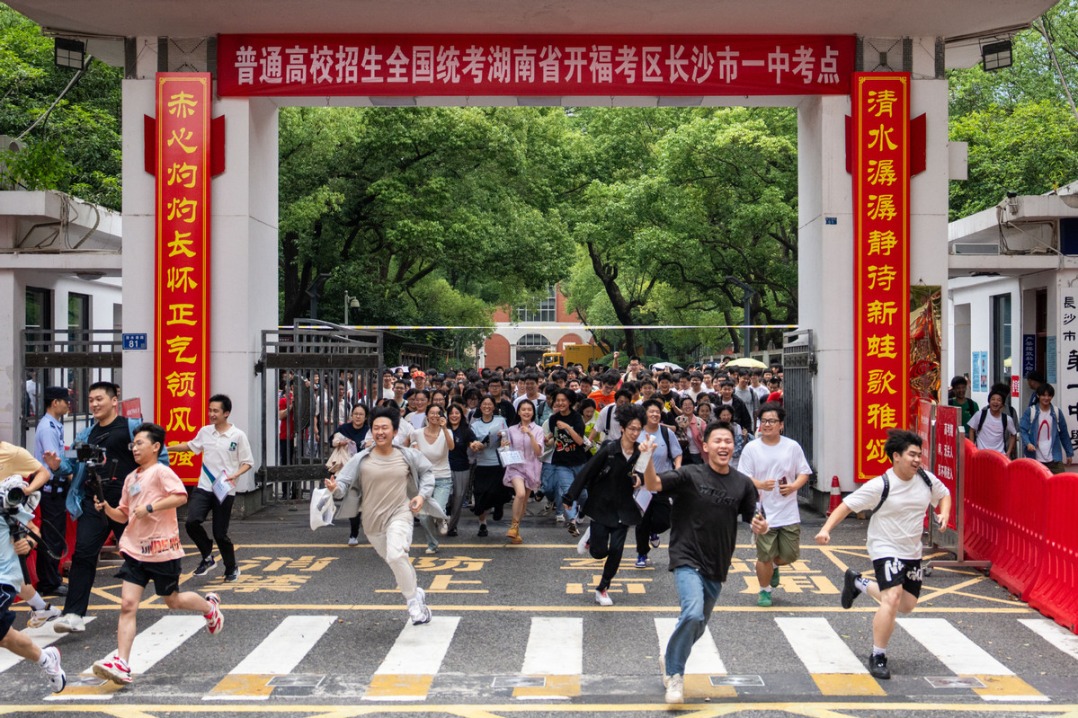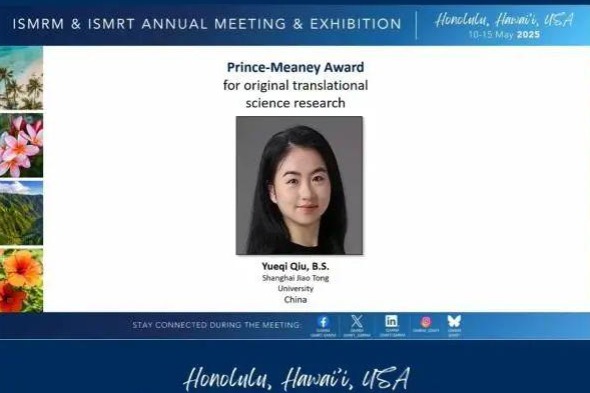NPC deputies help protect cultural relics


A number of deputies to the 14th National People's Congress, China's top legislature, separately submitted motions last year on amending the Law on Protection of Cultural Relics, as they realized some aspects of the current legislation were no longer aligned with the actual needs of relic preservation.
Hang Kan, from Shanxi, a province rich in cultural resources, was one of them. Also director of the Yungang Grottoes Research Institute, his idea was mainly to strengthen the utilization of cultural relics by adding relevant provisions in the law.
In October, the draft amendment to the law was submitted to the NPC Standing Committee for first review, providing toughened penalties for those who damage relics and requiring rational utilization of cultural resources.
The draft said cultural resources could be utilized properly under the premise of ensuring their safety, and the protection and display of cultural relics should also be enhanced through digital methods.
Hang enrolled in the Department of Archaeology at Zhengzhou University in Henan province in 1982. That same year, China's first specialized law in the cultural industry — the Law on the Protection of Cultural Relics — came into effect.
In the decades he spent in fields and rural villages during his archaeological career, Hang not only gained a heightened awareness of the importance of protecting, inheriting and utilizing historical and cultural heritage, but also encountered numerous problems related to the preservation of cultural relics.
For example, with the rapid development of China's economy and society, insufficient funding for relic preservation, inadequate law enforcement and a shortage of talent had become evident in the relic industry, "which needs to be improved by amending the law", he added.
After being elected an NPC deputy at the beginning of last year, Hang sorted out the difficulties he discovered at the front line, and also conducted surveys and interviews with those living in ancient villages and working for tourist sites and cultural relics protection departments.
Last March, when he arrived in Beijing to attend the first session of the 14th NPC, he proposed the motion. Several other deputies from Shanxi, Sichuan, Hebei and Yunnan provinces also submitted similar motions, aiming to advance the sustainable development of traditional Chinese culture through revised legislation.
The motions received high attention from the NPC's Education, Science, Cultural and Public Health Committee.
"We held seminars to study the motions multiple times, and formed a group to contact the deputies online and offline to further understand their opinions," said Yang Yi, deputy head of the committee's cultural office.
Thanks to those efforts, amending the law was listed on the legislative work plan for 2023, which was made public in April. Six months later, the first version of the draft amendment was submitted to the NPC Standing Committee for deliberation.
Submitting motions and suggestions is one of the primary duties of NPC deputies, who are required to put forward advice they receive about the country's governance and development in all aspects during or after the annual NPC session.
Fu Wenjie, deputy head of NPC Standing Committee's commission for deputy-related affairs, emphasized the importance of handling deputies' suggestions and motions, adding "it's an embodiment of and conducive to implementing and promoting whole-process people's democracy".
Data released by the commission showed that deputies raised 271 motions and 8,314 suggestions during the first session of the 14th NPC, mainly focusing on boosting people's livelihoods and accelerating the establishment of a new development pattern and the promotion of high-quality growth.
The motions were handed over to nine NPC special committees for review, while the suggestions were transferred to 204 departments for further handling, Fu said.
The reviews and handling were completed by December and feedback on the motions and suggestions had been sent to NPC deputies, he said.
While pledging to increase communication with national lawmakers, he added that the commission will also optimize measures to help them perform their duties, so that their suggestions and motions can be effectively carried out and turned into methods to promote social governance.
- Finals for Xiong'an New Area's second annual tech competition opens
- Two dead, five injured in Fujian residential building explosion
- China's national college entrance exam ends in some regions
- China takes multiple measures to support college graduates' employment
- China's direct medical expense settlement scheme benefits more people
- Photovoltaic projects transform sandy terrain into 'blue seas'




































